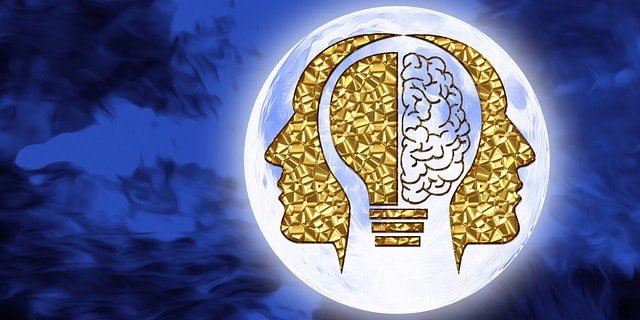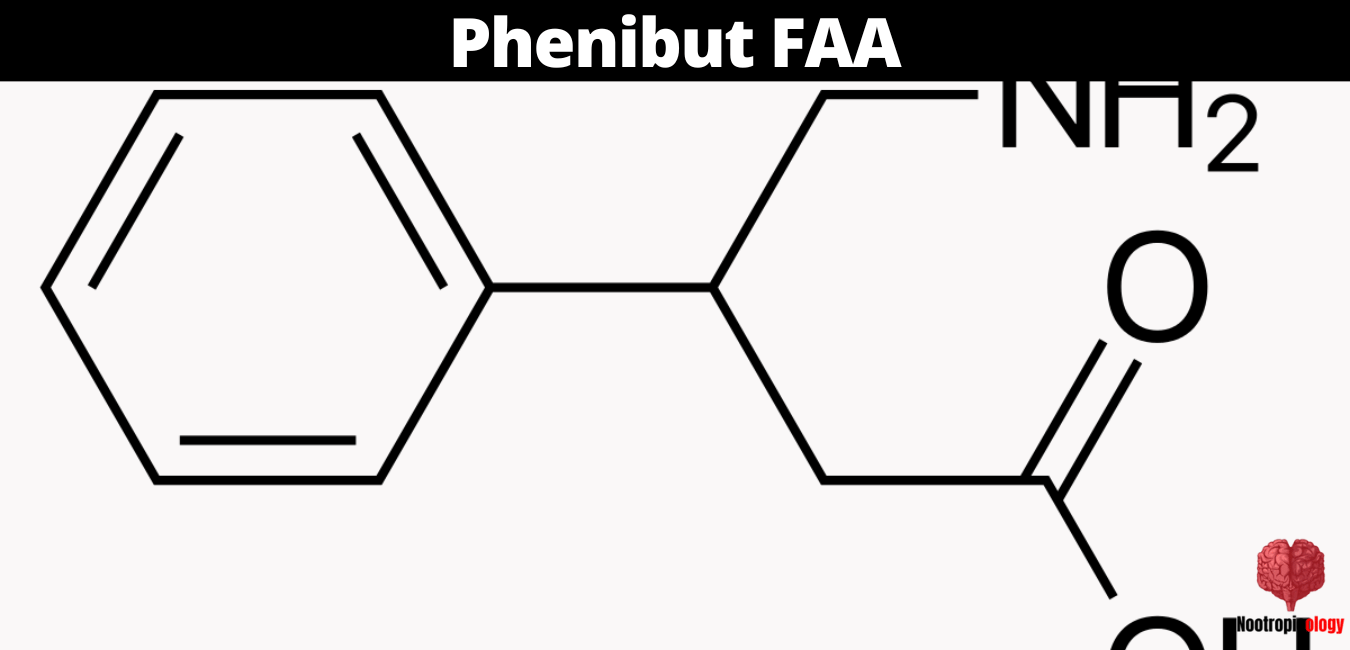
Gabapentin aka Neurontin – is an analog of GABA (Gamma-aminobutyric acid) and it has been sold as a medicine since 1993. It is also used as a recreational drug. It is often used with Phenibut. People usually call them GBP (Gabapentin and Phenibut), or GPP (Gabapentin and Phenibut powder).
I would like to start this article by saying that Gabapentin is not the same as Phenibut. Although they are both analogs, Gabapentin doesn't have an affinity for GABA receptors at all.
I'm going to show you how Gabapentin works in your brain and why it doesn't have any effects on GABA receptors.
Phenibut on the other hand does have an affinity for GABA receptors, which means that the substance actually binds to the receptor molecule, blockading it from binding with another molecule.
This is how Phenibut produces effects. It doesn't bind with every GABA receptor, but just the ones that are responsible for anxiety, sleep, memory, and sedation.
History of Gabapentin
The first clinical use of Gabapentin was in the early '90s as an analgesic (pain reliever), and anti-convulsant. It achieved a lot of popularity when it was found to be useful in the treatment of epilepsy and neuropathic pain.
Gabapentin is not approved by the FDA for any indications yet, but it has been granted orphan drug status since 2003 due to its potential as a treatment for epileptic children with Dravet Syndrome.
Its orphan status means that pharmaceutical companies have to conduct research in order to get FDA approval.
History of Phenibut
Phenibut was developed by Russian scientists in the 1960's. By the early '70s, it was already in use as a sedative, painkiller, neuroprotective and anti-alcoholism medication.
It remained a popular medication for a long time until its popularity began to fade out in the '80s due to liver damages that were reported as a result of phenibut consumption.
Around this time there was also an outbreak of synthetic Phenibut analogs on the market which led to many negative experiences among people who were using them.
The negative experience led to a further decline in the popularity of phenibut because people believed that all products containing phenibut could be potentially harmful and lead to liver damages.
Fortunately, modern scientific research has shown that only certain types of phenibut analogs are dangerous and can cause liver damage.
Phenibut has been proven effective for many conditions both emotional and physical:
- Anxiety disorders
- Depression
- Posttraumatic stress disorder (PTSD)
- Pain management including neuropathic pain (nerve pain)
- Insomnia including sleep apnea (respiratory pauses during sleep).
The use of Phenibut for any of these purposes has not been FDA approved yet, since it's only an analog of GABA and has no affinity for the GABA receptors. At this point, there is no way to know how safe it is.
Here are some well-known side effects of Phenibut:
- Stomach discomfort or pain
- Liver problems such as jaundice (yellowing of the skin)
- Nausea and vomiting have been reported to be very common with Phenibut consumption. It's possible that these side effects are really related to the Diazepam contained in the phenibut tablets sold on the market.
However, it's well known among users that phenibut can cause nausea and even vomiting when dosed at higher doses than usual, which means that people who consume phenibut should start with a lower dose.
Phenibut vs. Gabapentin
Phenibut and Gabapentin are not the same, but they are often used in the same cycle. It has been shown that people who use Phenibut regularly can build a tolerance very quickly.
They usually need to increase their dosage to experience the same effects as before.
Gabapentin is sometimes used in a Phenibut cycle because of its ability to reverse tolerance and reduce withdrawal symptoms and cravings.
Gabapentin affects GABA A receptors in a similar way as GABA itself does. It binds to the receptor molecules without activating them and blocks them from binding with another molecule, which means that Gabapentin doesn't produce any effects on its own.
The main reason why Gabapentin is useful as an additive in Phenibut cycles is that it enhances GABAergic effects by increasing the affinity for the GABA receptor of other molecules such as Phenibut, alcohol or benzodiazepines for example. It does this by enabling Phenibut to bind more easily with the receptor molecules.
Using Gabapentin and Phenibut together in the same cycle can minimize tolerance, improve sleep quality and reduce anxiety. It can also be used as an alternative to other medication that is responsible for liver damage.
source https://nootropicology.com/is-gabapentin-and-phenibut-the-same/

No comments:
Post a Comment